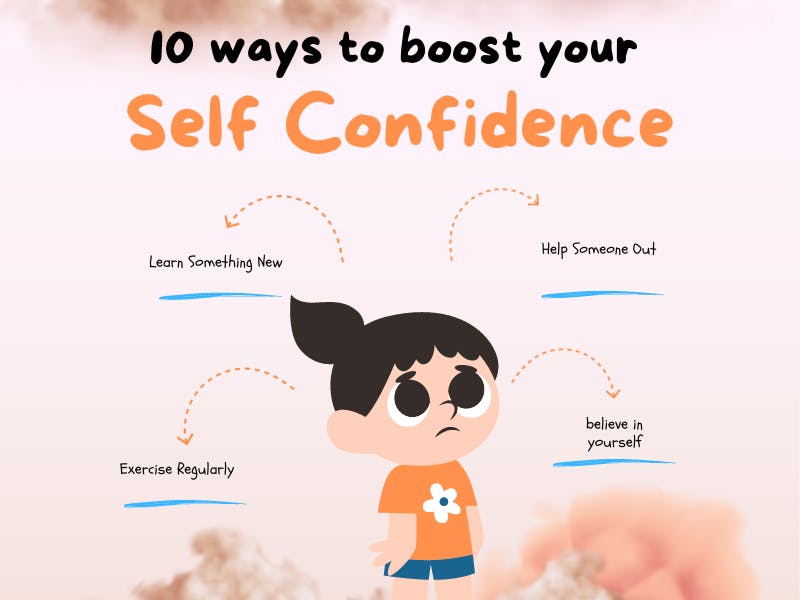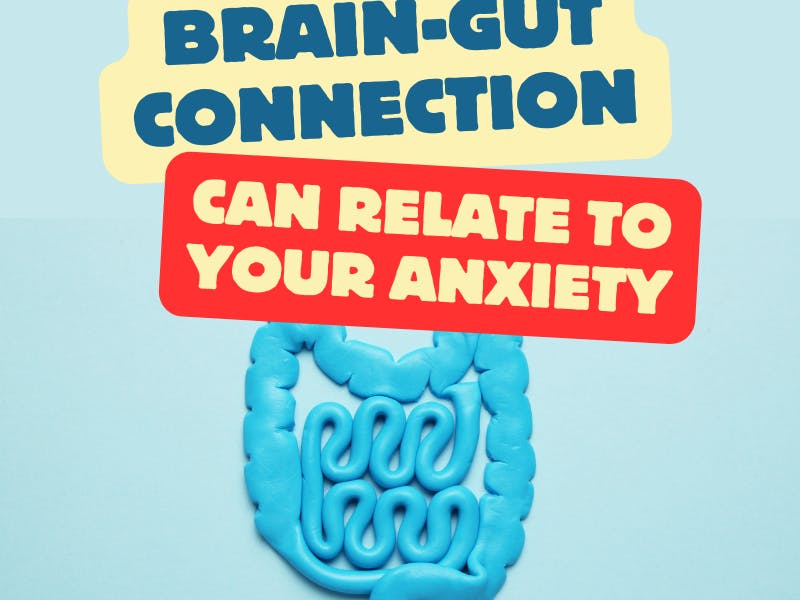
Anxiety and Panic Attacks During Pregnancy
Aug 12, 2024
Introduction
Pregnancy is often portrayed as a time of joy and anticipation, but for many women, it can also be a period marked by significant anxiety and even panic attacks. The physiological, emotional, and psychological changes that accompany pregnancy can make women more vulnerable to anxiety disorders. Understanding the causes, symptoms, and management strategies for anxiety and panic attacks during pregnancy is crucial for ensuring the well-being of both the mother and the developing baby.
Understanding Anxiety and Panic Attacks
Anxiety is a natural response to stress and can be beneficial in certain situations, but when it becomes excessive, it can interfere with daily life. Anxiety disorders are characterized by persistent and excessive worry, fear, and apprehension. Panic attacks, a specific type of anxiety disorder, are sudden episodes of intense fear that trigger severe physical reactions when there is no real danger or apparent cause. Symptoms can include heart palpitations, shortness of breath, dizziness, and a feeling of impending doom.
Symptoms of Anxiety and Panic Attacks During Pregnancy
Recognizing the symptoms of anxiety and panic attacks is essential for early intervention and management. Common symptoms include:
- Emotional Symptoms: Excessive worry, fear, irritability, and feelings of sadness or hopelessness.
- Physical Symptoms: Heart palpitations, shortness of breath, dizziness, sweating, trembling, and gastrointestinal issues.
- Behavioral Symptoms: Avoidance of certain situations or activities, restlessness, and difficulty concentrating.
- Cognitive Symptoms: Racing thoughts, catastrophizing, and persistent negative thoughts.
Causes of Anxiety and Panic Attacks During Pregnancy
Several factors can contribute to anxiety and panic attacks during pregnancy:
Hormonal Changes
Pregnancy brings about significant hormonal fluctuations, particularly in levels of estrogen and progesterone. These hormonal changes can affect neurotransmitters in the brain, leading to mood swings and increased anxiety.
Physical Changes
The physical changes that occur during pregnancy, such as weight gain, changes in body shape, and discomfort, can also contribute to anxiety. Concerns about body image and the ability to regain pre-pregnancy shape can be sources of stress.
Health Concerns
Worries about the health of the baby and the pregnancy itself can be significant stressors. Concerns about potential complications, genetic disorders, and the outcomes of prenatal tests can heighten anxiety.
Previous Mental Health History
Women with a history of anxiety disorders or other mental health issues are more likely to experience anxiety and panic attacks during pregnancy. Past experiences with miscarriages or complicated pregnancies can also contribute to heightened anxiety.
Life Stressors
External stressors such as financial concerns, relationship issues, and work-related stress can exacerbate anxiety during pregnancy. The anticipation of the responsibilities and changes that come with motherhood can also be overwhelming.
Impact on Pregnancy and Fetal Health
Untreated anxiety and panic attacks can have significant implications for both the mother and the developing fetus:
Maternal Health
Chronic anxiety can lead to physical health problems such as hypertension, sleep disturbances, and weakened immune function. Pregnant women with severe anxiety may also be at higher risk for postpartum depression and other postpartum mental health issues.
Fetal Health
High levels of maternal stress and anxiety can affect fetal development. Chronic stress can lead to the release of stress hormones such as cortisol, which can cross the placenta and impact fetal brain development. Research has linked high maternal anxiety to preterm birth, low birth weight, and developmental issues in children.
Management and Treatment Strategies
Managing anxiety and panic attacks during pregnancy requires a comprehensive approach that includes lifestyle changes, psychological interventions, and, in some cases, medication. Here are some strategies that can help:
Lifestyle Changes
- Healthy Diet: Eating a balanced diet rich in nutrients can help stabilize mood and energy levels.
- Regular Exercise: Physical activity, such as walking, swimming, or prenatal yoga, can reduce stress and improve overall well-being
- Adequate Sleep: Prioritizing good sleep hygiene can significantly impact emotional well-being. This includes maintaining a regular sleep schedule and creating a restful sleep environment.
- Avoiding Caffeine and Alcohol: Both substances can exacerbate anxiety symptoms and should be limited or avoided during pregnancy.
Psychological Interventions
- Cognitive-Behavioral Therapy (CBT): CBT is one of the most effective treatments for anxiety disorders. It involves identifying and challenging negative thought patterns and behaviors and replacing them with more positive and realistic ones. Techniques such as cognitive restructuring and exposure therapy can be particularly beneficial.
- Mindfulness-Based Stress Reduction (MBSR): Mindfulness practices, including meditation and deep-breathing exercises, can help manage anxiety by promoting relaxation and present-moment awareness. MBSR programs are designed to reduce stress and improve emotional regulation.
- Support Groups: Joining a prenatal support group can provide emotional support and a sense of community. Sharing experiences with other expectant mothers can reduce feelings of isolation and provide practical advice for managing anxiety.
- Individual Therapy: One-on-one counseling with a licensed therapist can offer personalized strategies for coping with anxiety and panic attacks. Therapists can provide a safe space to explore fears and develop effective coping mechanisms.
Self-Care Practices
- Journaling: Writing down thoughts and feelings can provide an outlet for expressing emotions and gaining insights into anxiety triggers.
- Art Therapy: Engaging in creative activities such as painting, drawing, or crafting can be therapeutic and provide a distraction from anxious thoughts.
- Reading and Education: Educating oneself about pregnancy, childbirth, and parenting can reduce anxiety by providing a sense of control and preparedness.
- Relaxation Techniques: Techniques such as progressive muscle relaxation, guided imagery, and aromatherapy can promote relaxation and reduce anxiety.
Partner and Family Support
The support of a partner, family, and friends can play a significant role in managing anxiety during pregnancy. Open communication about fears and concerns can foster understanding and support. Partners can participate in prenatal classes and therapy sessions to better understand the challenges and provide practical and emotional support.
Healthcare Provider Involvement
Regular prenatal check-ups with a healthcare provider are essential for monitoring both physical and emotional health. Pregnant women should feel comfortable discussing their anxiety and any panic attacks with their provider. Healthcare providers can offer referrals to mental health specialists and provide resources for managing anxiety.
Preparing for Postpartum
Preparing for the postpartum period is crucial, as anxiety and panic attacks can persist or even intensify after childbirth. Creating a comprehensive postpartum care plan that includes mental health considerations can help ensure a smoother transition to motherhood.
Postpartum Care Plan
- Identify Support Systems: Establish a network of family, friends, and healthcare providers who can offer support during the postpartum period. This can include emotional support, practical help with baby care, and assistance with household tasks.
- Postpartum Mental Health Resources: Familiarize yourself with resources such as postpartum support groups, mental health hotlines, and local mental health professionals who specialize in postpartum care.
- Self-Care Routine: Develop a self-care routine that includes time for relaxation, hobbies, and activities that promote well-being. Prioritizing self-care can help manage stress and anxiety.
- Open Communication: Maintain open communication with your partner and family about your emotional needs and any signs of anxiety or depression. Encourage them to look out for symptoms and offer support.
- Sleep and Rest: Plan for adequate rest and sleep. Sleep deprivation can exacerbate anxiety, so it's important to find ways to get sufficient rest, even if it means accepting help with nighttime feedings or naps during the day.
Recognizing Postpartum Anxiety and Depression
Being aware of the signs of postpartum anxiety and depression is essential for early intervention. Symptoms may include:
- Persistent feelings of sadness, hopelessness, or irritability.
- Difficulty bonding with the baby.
- Excessive worry about the baby's health and safety.
- Panic attacks or severe anxiety.
- Changes in appetite or sleep patterns.
- Thoughts of harming oneself or the baby.If you or someone you know is experiencing these symptoms, it's important to seek professional help immediately.
Conclusion
Anxiety and panic attacks during pregnancy are prevalent and can be distressing, but they are manageable with a comprehensive and proactive approach. Understanding the causes, recognizing the symptoms, and implementing effective management strategies are essential steps in ensuring the health and well-being of both the mother and the baby.
By embracing lifestyle changes, seeking psychological interventions, considering medication when necessary, and integrating self-care practices, expectant mothers can navigate anxiety more effectively. Additionally, the support of partners, family, and healthcare providers plays a crucial role in managing anxiety and fostering a positive pregnancy experience.




